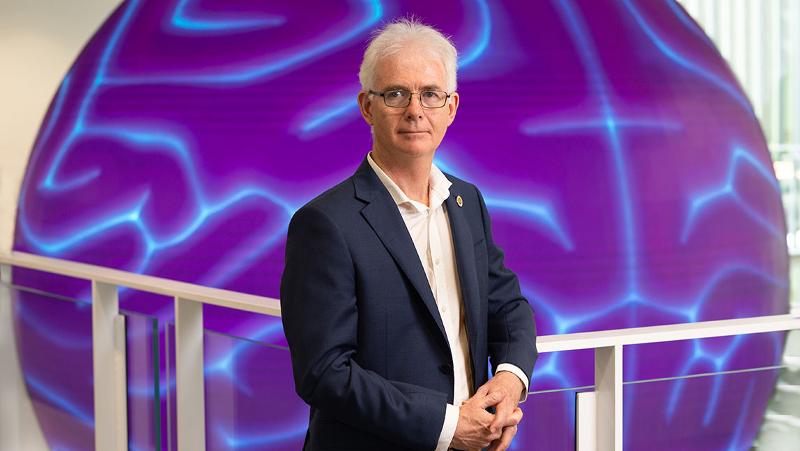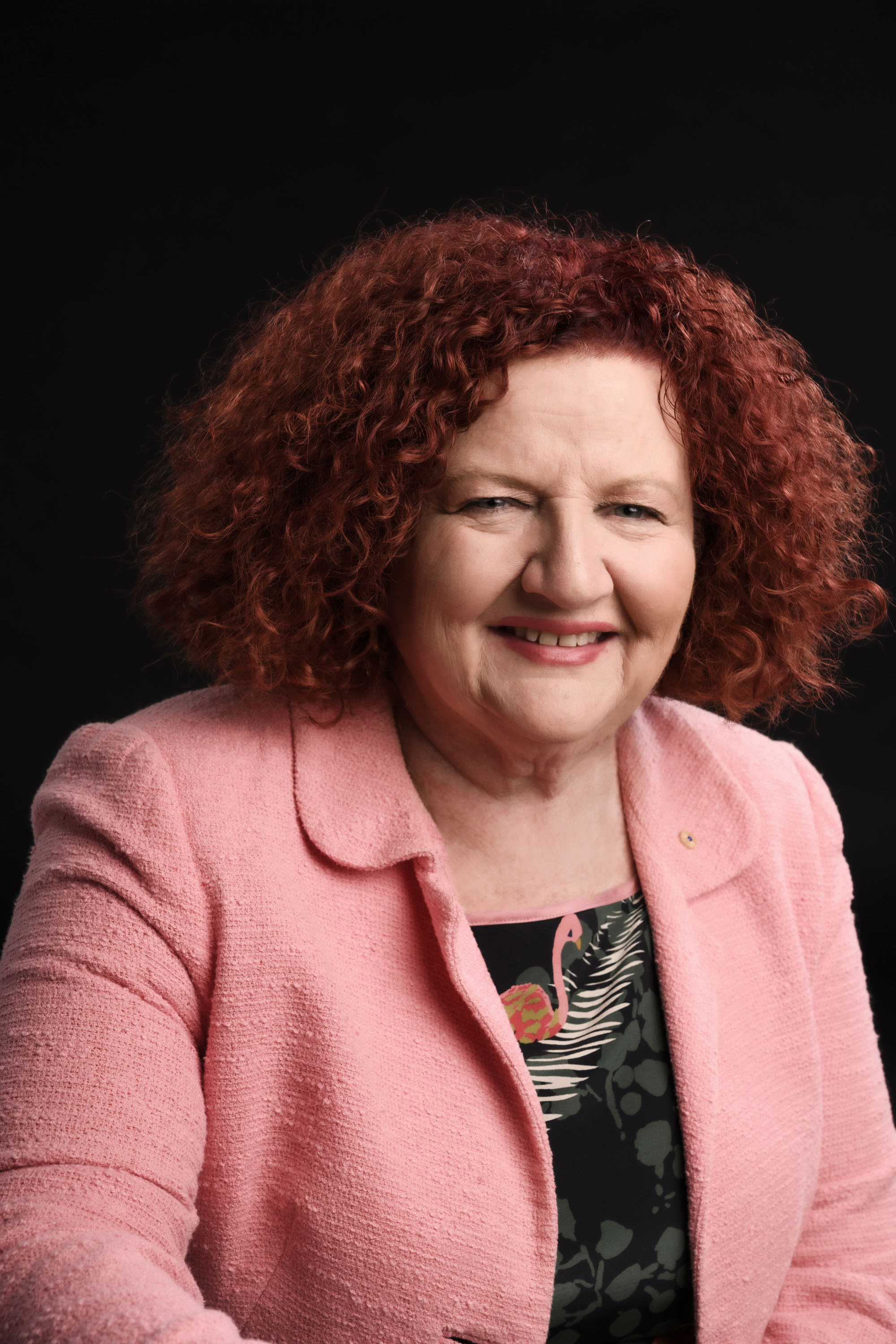
Almost one in five children starting school is considered developmentally vulnerable. QUT’s new Paul Ramsay Foundation Fellow Adjunct Professor Michael Hogan said the figure was even higher in many communities.
“We are struggling both to reduce that prevalence and help these children catch up,” Professor Hogan said. “Yet we have also demonstrated that we can improve kids’ life chances.”

Professor Hogan said the combination of disadvantages caused by poverty in childhood, and the significant biological, psychological and social impacts of trauma and toxic stress, put too many kids behind their peers.
“This is neither fair for those kids nor good for our country as a whole.”
Professor Hogan has taken up a one-year Fellowship funded by the Paul Ramsay Foundation. The fellowship is hosted by QUT and will support the Thriving Queensland Kids Partnership and other work on systems leadership for child wellbeing.
Paul Ramsay Foundation Chief Program Officer, Dr Jeni Whalan, said the foundation was inspired by Professor Hogan’s commitment to breaking cycles of disadvantage through partnerships and innovation. “
We are delighted to support Professor Hogan’s work and the opportunities this will create for lasting change in the lives and experiences of children and young people,” Dr Whalan said.
Professor Hogan is a former Director-General of the Department of Child Safety, Youth and Women, and of the Department of Communities, Child Safety and Disability Services in Queensland, and has previously worked in the non-government sector.
Professor Hogan said current approaches between the Commonwealth and the States and Territories, and across the many services supporting families and their children and young people, were often fragmented, despite the dedication and hard work of many people and organisations.
He will be working with researchers, practitioners and systems leaders across all levels of government, industry and community organisations to help improve outcomes for children.
“The challenges and opportunities, and the potential benefits, are huge,” Professor Hogan said.
“We know the life-long disadvantages faced by children who grow up experiencing poverty, and the harms caused by prolonged toxic stress, and adverse childhood experiences.
“We know the costs for individuals and communities, and for taxpayers and our society as a whole,” Professor Hogan said.

and adolescent devleopment is already known.
"But we also know more about what matters and what works for healthy child and adolescent development, and to support families.
“For example, we can do much more to embed into our services and practices the insights from the rapidly expanding area of neuroscience about the interaction of brain and body health and skills, their life long impacts on our wellbeing and functioning, and about the capacity of the brain to heal and grow.
“I'm very excited to be working with researchers across QUT and elsewhere doing cutting-edge work in areas such as neuroscience and other child development sciences, child maltreatment, the digital child, education, health, justice, and community development.
“The Fellowship will enable me to keep working to bring people together from government, industry and philanthropy, and community organisations, to help put ‘science to service’, translating experience, expertise and evidence into practice and systems change.
“And it will help in our efforts to give all our workforces the best and latest knowledge, skills and attributes for working with children and their families, and for making our systems work better together.”
He said that COVID-19 had exposed many more people, including children and young people, to precarity, isolation and severe stress, exacerbated risks such as violence or mental ill-health, or falling further behind in education and employment. It had also demonstrated great strengths and opportunities in our public systems and community services.
“Creating the post-COVID-19 new normal should be a catalyst to transform our approach to child wellbeing, in what and how we invest, and in the ways we engage families and deliver services,” Professor Hogan said.

Professor Margaret Sheil.
“If as a nation we have a stronger focus on improving child wellbeing, and on breaking cycles of disadvantage, we will lift our prosperity and productivity, as well as reduce inequity and wasted human potential.”
QUT Vice-Chancellor Professor Margaret Sheil welcomed Professor Hogan’s appointment as a Paul Ramsay Foundation Fellowship holder.
“The vision of the Thriving Queensland Kids Partnership and the Paul Ramsay Foundation is consistent with priorities under QUT’s strategic plan, Blueprint 6, to build access and aspiration to education as a powerful way to disrupt intergenerational disadvantage,” Professor Sheil.
“We look forward to partnering and contributing to systems-based changes that can better support families and communities, and those who graduate to work with them, so that all Queensland children to thrive.”
Media contact: Rose Trapnell, QUT Media team leader, 07 3138 2361 or 0407 585 901, rose.trapnell@qut.edu.au




